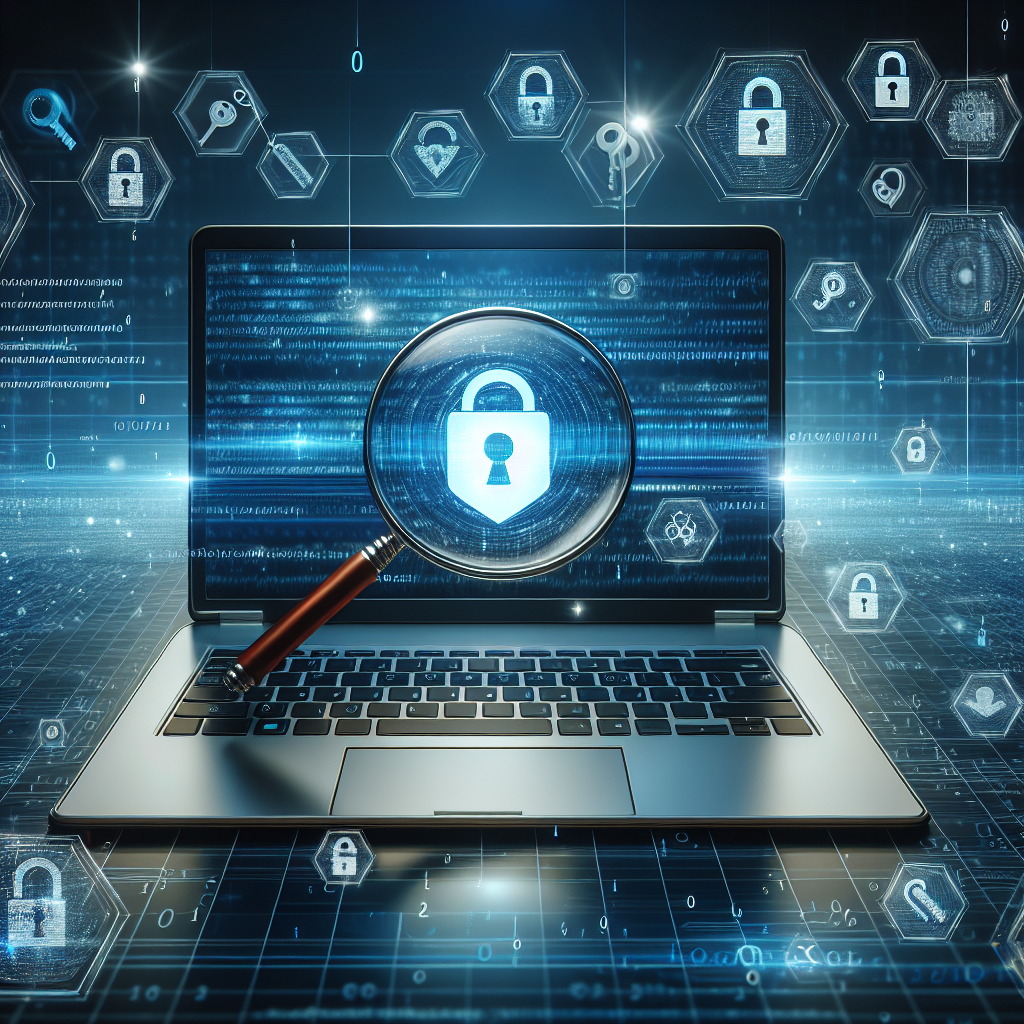In the realm of forensic analysis and cybersecurity, choosing the right laptop is of paramount importance. Whether you are an investigator working on digital forensics or a cybersecurity expert safeguarding systems, having the right equipment can make a world of difference. This article delves into the critical features that make a laptop suitable for forensic analysis and cybersecurity.
Hardware Requirements
The hardware specifications of a laptop play a crucial role in its suitability for forensic analysis and cybersecurity tasks. Below are the vital hardware components you should consider:
- Processor (CPU): A powerful CPU is essential for running multiple tasks simultaneously, analyzing large datasets, and performing complex calculations.
- Memory (RAM): More RAM allows the laptop to handle several applications at once without slowing down. This is crucial for running resource-intensive forensic tools.
- Storage: SSD (Solid State Drive) is preferable over HDD (Hard Disk Drive) due to its faster read and write speeds, which significantly improve the performance of forensic software.
- Battery Life: Long battery life is important for fieldwork and extended hours of analysis without needing frequent recharges.
- Ports and Connectivity: Various ports (USB, HDMI, etc.) and wireless connectivity options (Wi-Fi, Bluetooth) are necessary for connecting multiple devices and external storage.
Table: Recommended Hardware Specifications
| Component | Recommended Specification |
|---|---|
| Processor (CPU) | Intel i7 or AMD Ryzen 7 and above |
| Memory (RAM) | 16 GB or more |
| Storage | 500 GB SSD minimum |
| Battery Life | 8 hours and above |
| Ports | Multiple USB 3.0, HDMI, Ethernet |
Software Compatibility
In addition to robust hardware, compatibility with forensic and cybersecurity software is pivotal. The laptop should support a variety of operating systems, including Windows, Linux, and macOS, to run different forensic tools and security applications. Some of the key software to consider includes:
- Forensic Tools: Popular tools like EnCase, FTK, and Autopsy.
- Cybersecurity Software: Applications such as Wireshark, Metasploit, and Nessus.
- Virtual Machines: Support for running virtual machines to emulate different operating environments for testing and analysis.
Durability and Build Quality
A durable laptop with robust build quality is essential for forensic analysis and cybersecurity professionals who often work in various environments. The laptop should be able to withstand physical wear and tear, spills, and potential drops. Features like a rugged design and spill-resistant keyboard can add to the laptop’s longevity and reliability.
Security Features
A laptop used in cybersecurity must have advanced security features to protect sensitive data. These can include:
- Biometric Authentication: Fingerprint scanners or facial recognition for secure access.
- Trusted Platform Module (TPM): For secure hardware encryption of data.
- Physical Security: Kensington lock slots for securing the laptop during fieldwork.
- Secure Boot: To prevent unauthorized operating systems from loading during startup.
Portability
Portability is another crucial factor to consider. A lightweight and compact laptop makes it easier for professionals to carry their equipment to different locations. Look for laptops that offer a good balance between power and portability, ensuring that they are not too bulky to transport yet powerful enough to handle demanding tasks.
Case Study: Popular Laptops for Forensic Analysis and Cybersecurity
Several laptops on the market are renowned for their suitability in forensic analysis and cybersecurity. Here are a few examples:
- Lenovo ThinkPad X1 Carbon: Known for its durability, lightweight design, and robust security features.
- Dell XPS 15: Offers powerful processing capabilities and excellent display quality, ideal for detailed forensic work.
- Apple MacBook Pro: Preferred for its high performance, excellent build quality, and compatibility with various forensic and cybersecurity software.
Conclusion
Selecting the right laptop for forensic analysis and cybersecurity requires careful consideration of various factors including hardware specification, software compatibility, durability, security features, and portability. Investing in a laptop that meets these criteria will ensure that professionals are well-equipped to handle the complex challenges of their field.

